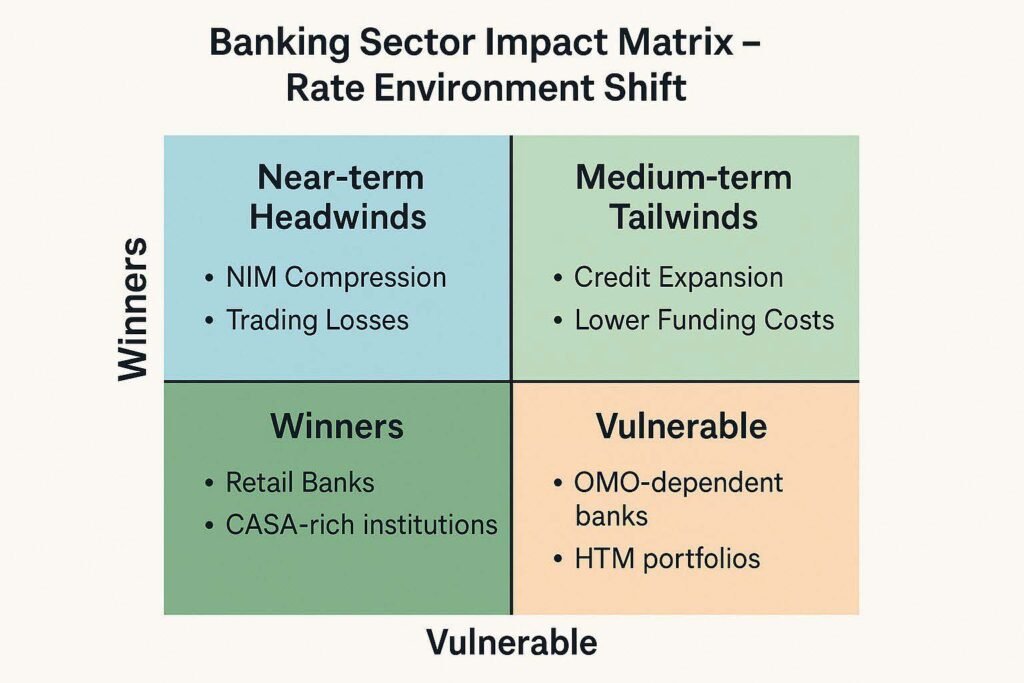Unpacking the Link Between Artificial Sweeteners and Cognitive Decline
Recent research has cast a new light on the potential long-term effects of artificial sweeteners on brain health. An extensive eight-year prospective study involving over 12,700 Brazilian adults, published in the esteemed journal Neurology, has revealed a significant association between high consumption of low- and no-calorie sweeteners and an accelerated rate of cognitive decline.
The study meticulously tracked participants’ intake of various artificial sweeteners, including common ones like aspartame, saccharin, acesulfame K, erythritol, sorbitol, and xylitol. Researchers observed that individuals who consumed these sweeteners at the highest levels exhibited marked declines in several critical cognitive functions compared to those with lower consumption.
Key Findings from the Study:
Contents
- Accelerated Memory Loss: Participants with high intake showed a faster rate of memory deterioration.
- Poorer Verbal Fluency: A decline in the ability to retrieve words and articulate thoughts smoothly was noted.
- Faster Global Cognitive Decline: The overall rate of cognitive aging was significantly accelerated.
The data suggested that those in the highest intake group experienced cognitive aging equivalent to approximately 1.5 additional years over the study’s duration. This effect was particularly pronounced in certain demographics, specifically participants under the age of 60 and those diagnosed with diabetes, indicating a potential vulnerability in these groups.
Interestingly, the study also made a distinction regarding natural sweeteners. Tagatose, a naturally occurring sweetener, was not found to be linked to cognitive decline, suggesting that the observed effects might be specific to artificial compounds rather than all sugar alternatives.
These findings underscore the importance of understanding the broader health implications of dietary choices, particularly concerning substances widely consumed as alternatives to sugar. While artificial sweeteners are often marketed as healthier options, this research highlights the need for continued investigation into their long-term effects on neurological health. Consumers and healthcare providers alike may benefit from considering these potential associations when making dietary recommendations or choices.
![NBOSI-01[1] NBOSI-01[1]](https://cloudypos.com/nbosi/wp-content/uploads/sites/59/elementor/thumbs/NBOSI-011-rc3u2ljhmnhjs84d8kcrtfc3b1mya82rhqxld85wl8.png)






